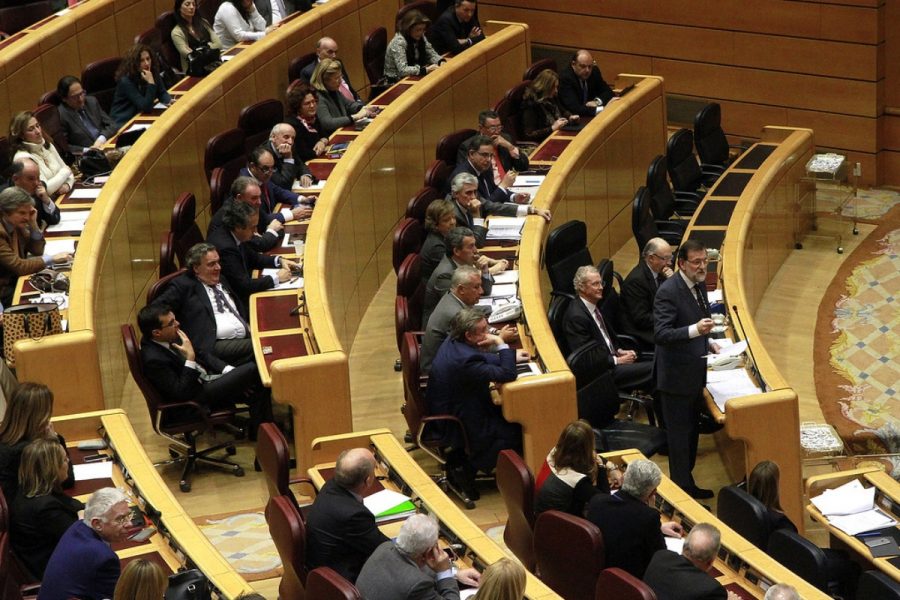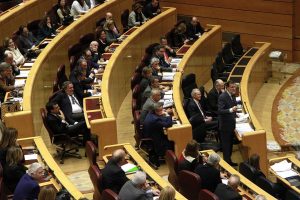Macau’s last public consultation session was held today

Macau’s Gaming Inspection and Coordination Bureau (DICJ) has held its last session. The public consultation period will run until October 29.
Macau.- After cancellations due to local Covid-19 cases and Typhoon Kompasu, authorities in Macau have held the last public consultation sessions on gaming law. The meeting was attended by members of the public, association members, researchers and legal experts who raised questions on proposed requirements for operators to invest in non-gaming elements.
There was a discussion of proposals to include “delegates” on Macau’s gaming concessions in order to allow greater checking on gaming firms.
Lio Chi Chong, DICJ deputy director, said: “The fact that there may or not be a Government representative it will not affect the business operations.”
Another proposed change is to increase the percentage of share capital held by shareholders of Macau casino operators who are permanent residents.
According to TDM Canal Macau, the DICJ also said: “Considering that we hope to incentivize operators to focus their activities on Macau in the future, we recommend that franchisees increase the proportion of these shareholders and make it easier for the SAR to verify the suitability of these shareholders.”
Those who attended the meeting expressed concerns about the number and duration of future gaming concessions and proposed controls on dividend distribution.
A few weeks ago, a Macau law firm questioned that proposal, arguing that “there is no legal framework to justify any intervention by the Macau authorities in the distribution of dividends from private companies.”
A paper issued by lawyers Rui Pinto Proença and Rui Filipe Olivera states: “The pursuit of profit as the ultimate goal of a private company is embedded in its legal definition prescribed by the Macau Civil Code and no shareholder can be deprived of its right to share in a company’s profits.”
Hoi Song U, head of the DICJ Legal Division, said the proposal for casinos to require government endorsement before distributing profits was planned “to ensure casino operators could use their benefits to promote the financial enhancement of Macau”.
He stated: “We need to elevate the MOP200m registered capital requirement as gaming revenue has already reached values 21 times higher than in 2000 and in order to turn Macau into a world travel and leisure centre investment will be required.”
Questions over end of current sub-concession system
Questions about a possible end to the current sub-concession system that led to the creation of three additional Macau casino licences also arose during the sessions.
Lei Wai Nong, Macau’s Secretary for Economy and Finance, had said: “We don’t want to encourage any more sub-concession arrangements, because we want to ensure stability in our gaming concession system…they… should not expand endlessly.”
Davis Fong, former legislator and current director of the Institute for the Study of Commercial Gaming, said that to ensure the stability of the sector the current sector size needs to be maintained. Fong asked if the concession term could be reduced to 10 years plus five of extension in order to better align Macau with national development and stated the government should be more flexible.
After Macau’s gaming law revision is finished, there will be 180 days to write the final report, after which a draft will be submitted to the Legislative Assembly for additional conversation.









